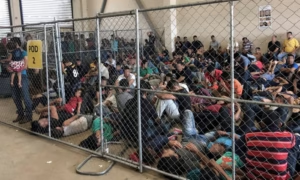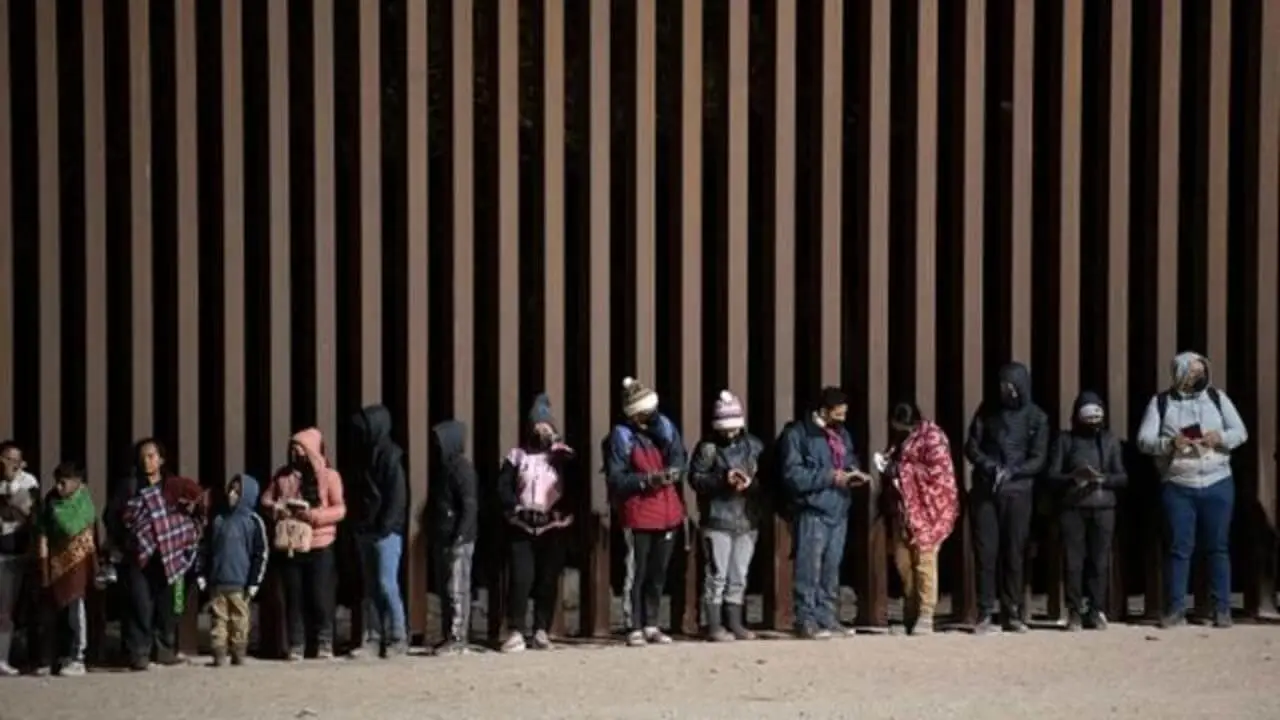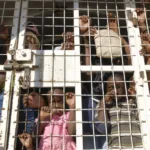President-elect Donald Trump has indicated that he is open to using detention camps as part of his efforts to crack down on undocumented immigration. The comments were made during an interview with TIME, where Trump outlined some of his plans for immigration enforcement.

In the interview, Trump reiterated his campaign promise to deport millions of undocumented immigrants, a cornerstone of his 2024 presidential campaign.
When asked whether his plans would require the construction of additional detention facilities, Trump replied that there “might be” a need for more. He emphasized his intention to act within legal boundaries, stating, “Whatever it takes to get them out. I don’t care… If it needs new camps, but I hope we’re not going to need too many because I want to get them out.”
Trump also addressed concerns about potential economic consequences of mass deportations, particularly in agriculture, where undocumented workers make up a significant portion of the labor force. He dismissed the idea that such actions could lead to a spike in prices, suggesting that the U.S. would continue to admit workers but through legal channels.
Immigration enforcement has been a contentious issue in the United States for decades. According to the Center for Migration Studies, an estimated 4.7 million U.S. households include mixed-status families, where at least one member is undocumented while others hold citizenship or legal residency.
Deportation policies targeting such families could result in significant social and economic disruptions.
Past large-scale immigration enforcement efforts have faced logistical challenges. For example, immigration courts are already strained, with years-long backlogs in some cases. Critics argue that mass deportations could exacerbate these delays and further overwhelm the system.
Americans remain divided on the use of detention camps for undocumented immigrants. An October 2024 survey revealed that public opinion is split, with some viewing camps as necessary for enforcement and others expressing concerns about the ethical and humanitarian implications.
Trump’s remarks also revived debates about the role of tariffs in immigration policy.
The president-elect suggested imposing substantial tariffs on countries that refuse to accept deported individuals, a tactic he has proposed in the past.
This is not the first time detention facilities have been central to U.S. immigration policy. During his previous term, Trump faced widespread criticism over the separation of families and the conditions in detention centers. His current comments suggest a shift toward deporting families together rather than separating children from parents, even if some family members hold legal immigration status.
As Trump prepares to take office, the specifics of his immigration enforcement strategy remain unclear. Questions persist about the feasibility, cost, and ethical implications of mass deportations and detention camps.
How these plans will align with legal standards and international norms will be a key focus for policymakers, advocates, and the public in the coming months.
Source: This report includes information from Axios and publicly available immigration data for broader context.







